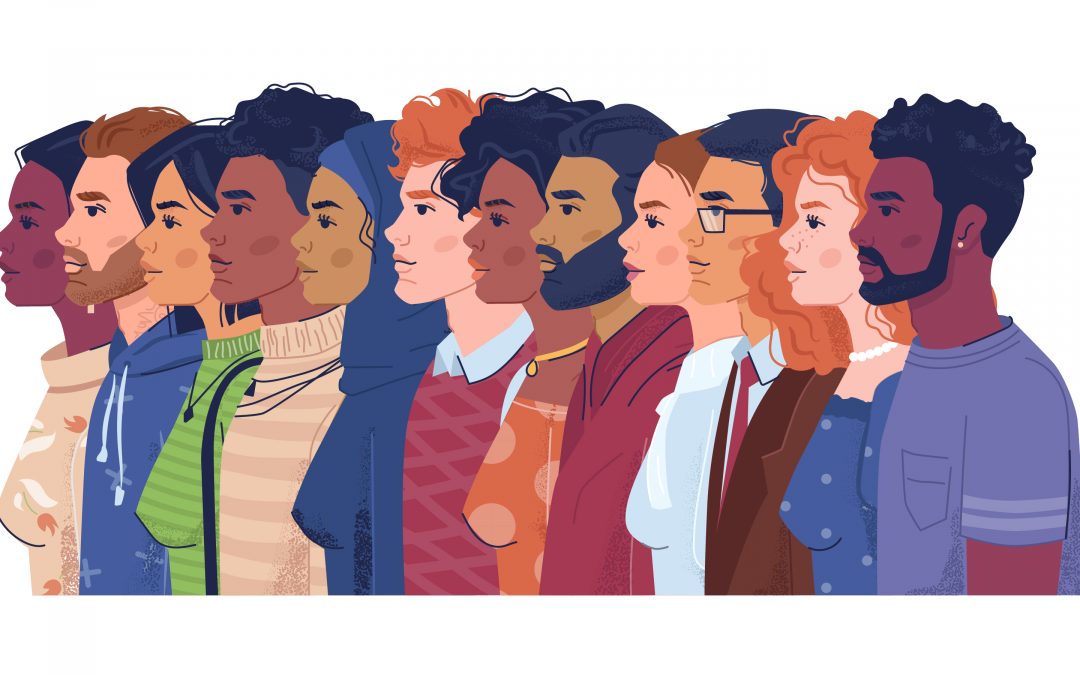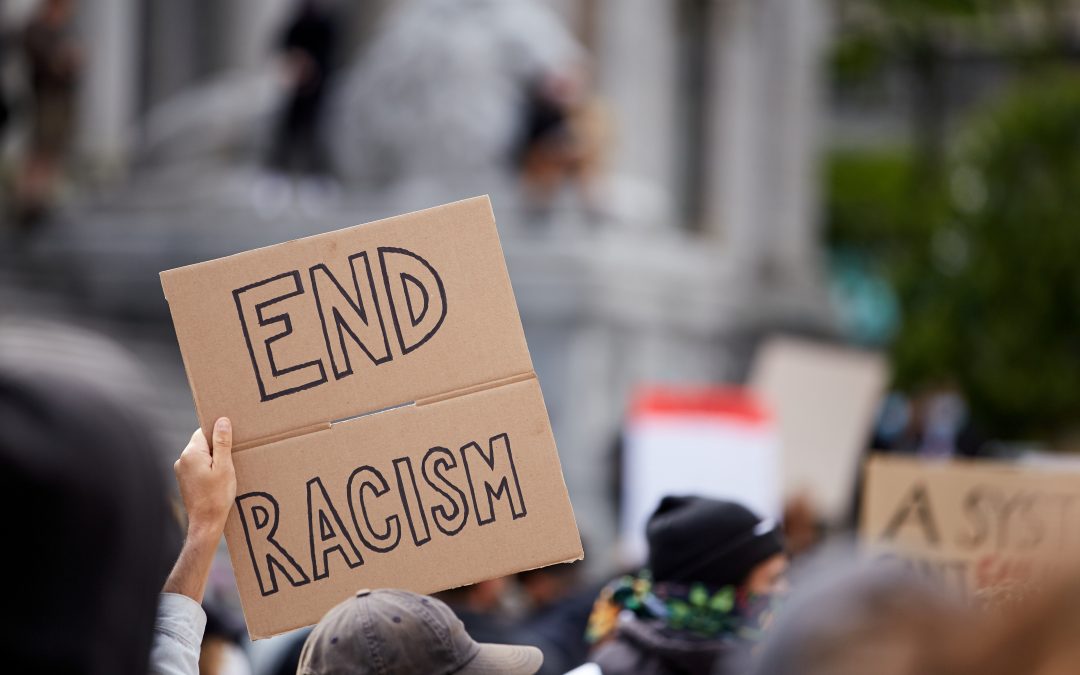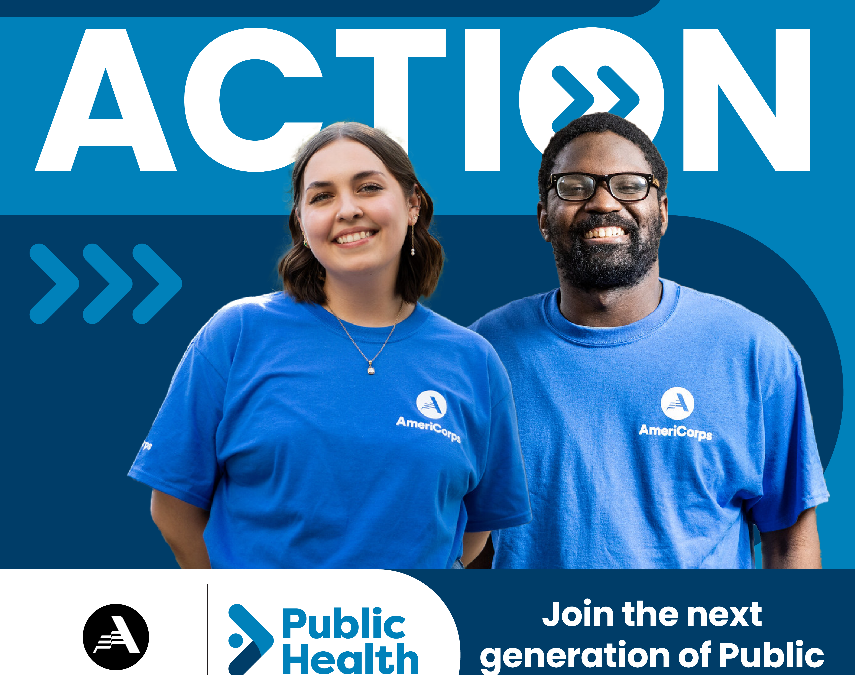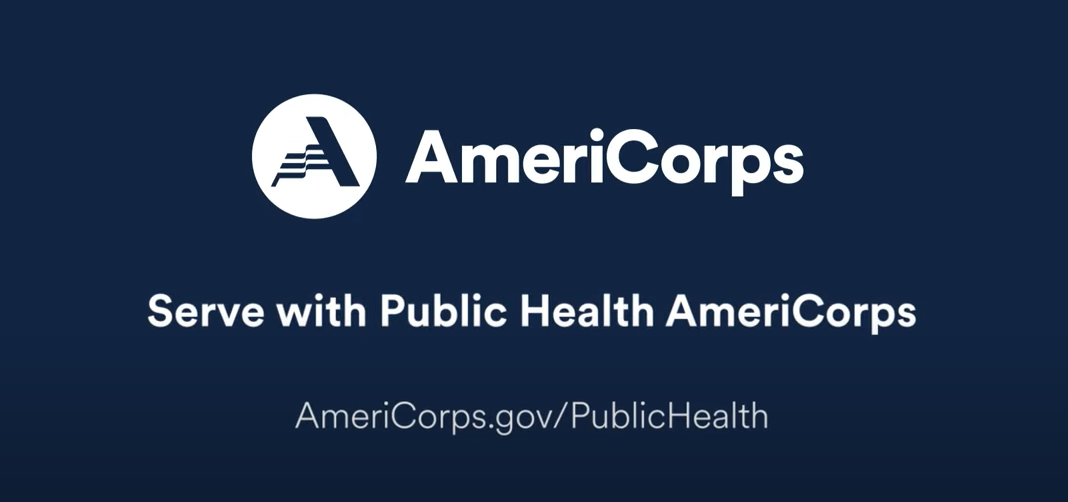
Damaging the Pipeline to Equity in Public Health
Legislative oversight of higher education may further weaken the public health workforce pipeline and limit the profession’s ability to serve communities.

Legislative oversight of higher education may further weaken the public health workforce pipeline and limit the profession’s ability to serve communities.

By promoting a better understanding of microaggressions, bias, and diversity, public health practitioners can create more equitable workplaces and ultimately improve the health outcomes of the communities they serve.

Public Health Corps recently launched in response to COVID-19 to support state and local health departments across the country. This blog highlights the experiences of current MN Public Health Corps members.

With public health facing staffing shortages, worker burnout, and 20 percent of the workforce nearing retirement, the field needs to attract new talent (de Beaumont Foundation and Association of State and Territorial Health). One new program, Public Health AmeriCorps, aims to be part of the solution.

Indiana’s public health system has long been underfunded and under-resourced, leading to poor health outcomes for our communities. Governor Eric J. Holcomb established the trailblazing Governor’s Public Health Commission to launch an assessment of the state’s public health system, and this legislative session, we hope to see a much-needed financial investment to improve statewide public health service delivery and create a healthier future for all Hoosiers.

Indiana’s trailblazing Governor’s Public Health Commission, convened 2021-2022, left our state with stark realizations about our public health system, along with actionable recommendations. The Indiana Public Health Association (IPHA) is taking the initiative to invest in students early in their public health careers through our Student Advisory Group, drawing more students into the field and equipping them to be successful when they enter the workforce.